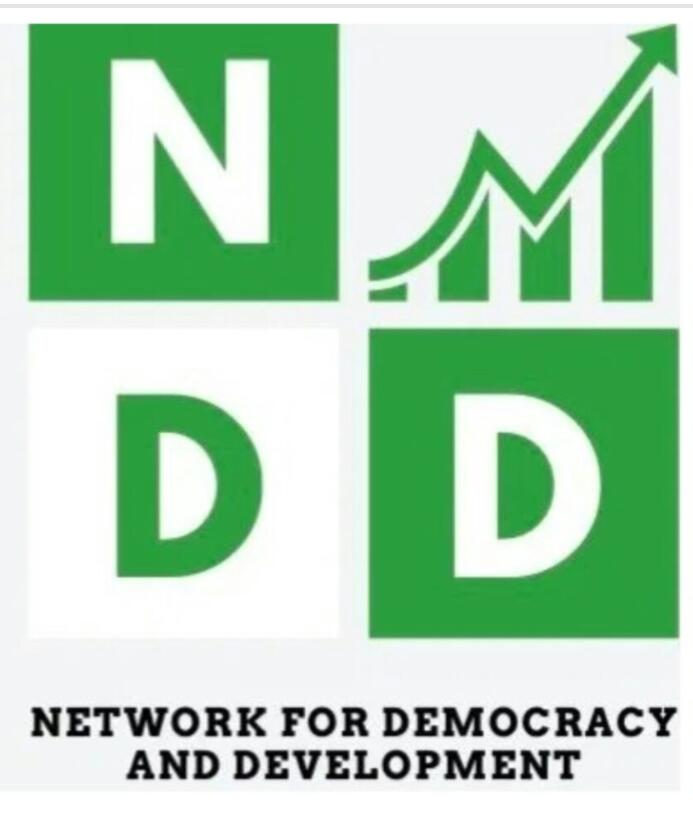By Bilesanmi Abayomi
The Network for Democracy and Development (NDD) has urged President Bola Tinubu to initiate a thorough investigation into the activities of the Nigerian National Petroleum Corporation Limited (NNPCL) and its subsidiaries, as well as the Central Bank of Nigeria (CBN), regarding the alleged mismanagement of the subsidy regime. In a communique issued on Wednesday, the NDD emphasized the need for transparency and accountability in the handling of public funds.
The NDD, represented by Mr Tajudeen Alabede, National Coordinator, and Malam Muhammad Jameel Muhammad, General Secretary, conducted extensive consultations with stakeholders across the country. These consultations were prompted by the national debate surrounding the recent removal of fuel subsidy by the Federal Government.
The organization called on President Tinubu to establish a high-powered panel comprising accomplished and nationally respected professionals. The panel’s mandate would be to revisit past investigations, particularly those conducted by the Farouk Lawan subsidy panel. The NDD stressed the importance of addressing the primary factor behind the public’s discontent with the fuel subsidy regime – corruption.
Furthermore, the NDD appealed to the government to address other criminal activities plaguing the oil industry, including oil theft, non-functioning refineries, unexecuted turnaround maintenance contracts, and fuel smuggling to neighboring countries. The organization emphasized the need for public officials at all levels to lead by example by reducing the cost of governance, particularly during these challenging times when the masses are facing austerity measures.
The NDD also highlighted the importance of diversifying Nigeria’s energy sources and investing in renewable and eco-friendly alternatives to fossil fuels. It urged both the federal and state governments to prioritize such investments to alleviate the pressure on traditional energy sources.
Another point of concern raised by the NDD was the lack of sufficient information provided to Nigerians regarding the removal of fuel subsidy and its potential consequences. The organization called for improved stakeholder engagement and public communication from the government, stressing the need for comprehensive consultation prior to major policy decisions.
While acknowledging that subsidies exist in various forms across the world, the NDD questioned the adequacy of stakeholder consultation before President Tinubu’s decision to remove fuel subsidy. It emphasized that the root causes of the problem had not been adequately addressed, and mitigating measures had not been clearly articulated. The organization highlighted the government’s tendency to portray fuel subsidy as criminal rather than focusing on corruption as the underlying issue.
The NDD called for continued negotiations with organized labor on mitigating measures and emphasized the importance of supporting small businesses and the majority of Nigerians who are not salary earners.
The NDD stressed that funds saved from the removal of fuel subsidy should be utilized judiciously to develop public infrastructure and improve the living conditions of the masses.

